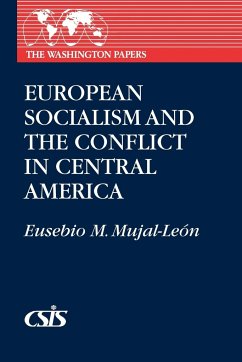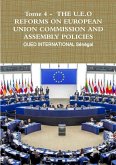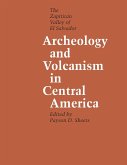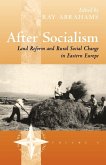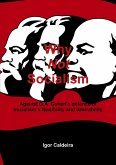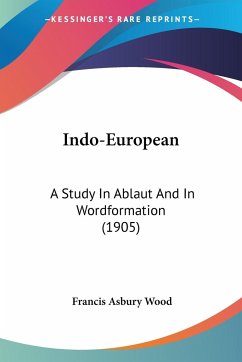The crisis in Central America has afforded numerous transnational, regional, and extracontinental actors the opportunity to become involved in an area traditionally considered a reserve and special zone of influence for the United States. One notable example of this phenomenon has been the engagement of European Socialist and Social Democratic parties in the region. Their active involvement in Central American issues (and the opposition many of their leaders have expressed toward American policy in the region) has represented a significant departure for parties which have been broadly supportive of U.S. foreign policy initiatives and objectives since the late 1940s. The monograph analyzes the Central American policies and perspectives of the three European Socialist and Social Democratic parties--the Spanish PSOE, the French PS, and the West German SPD--which have been most active in the region. Chapter 1 explores the sources of European Socialist interest in Central America, seeking to place this concern in a historical context which takes into account developments both in Western Europe and in the international Social Democratic movement over the last two decades. Chapters 2 through 4 focus on the parties individually, providing case studies of the initiatives undertaken by the PSOE, PS, and SPD with respect to Central America. Each of these chapters places the Central American issue in the context of national foreign policy, assessing its relative importance and identifying those factions and personalities within each party who have shaped policy toward that region. The conclusion discusses the impact and significance of Europan Socialist engagement in Central America.

